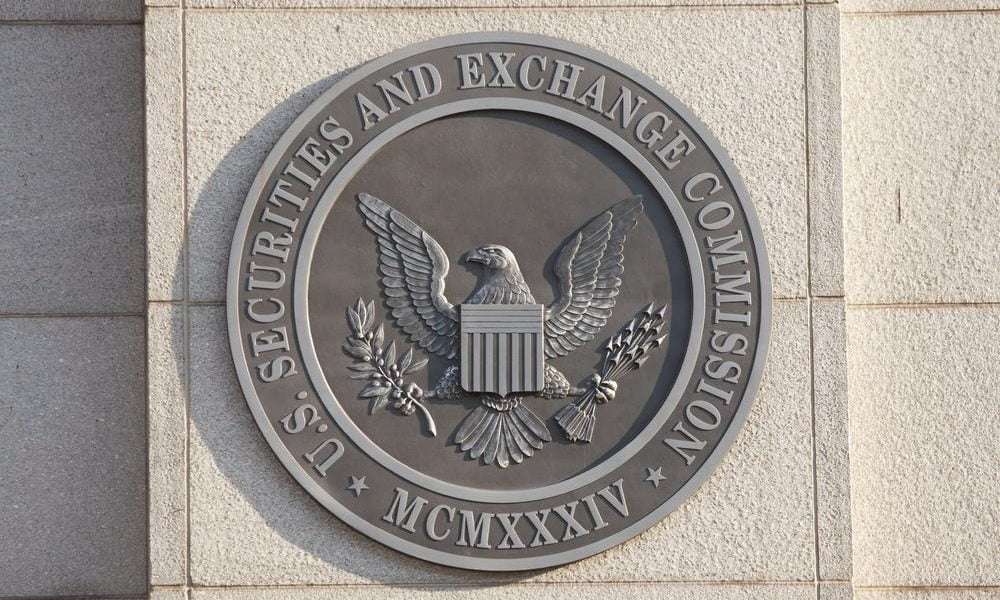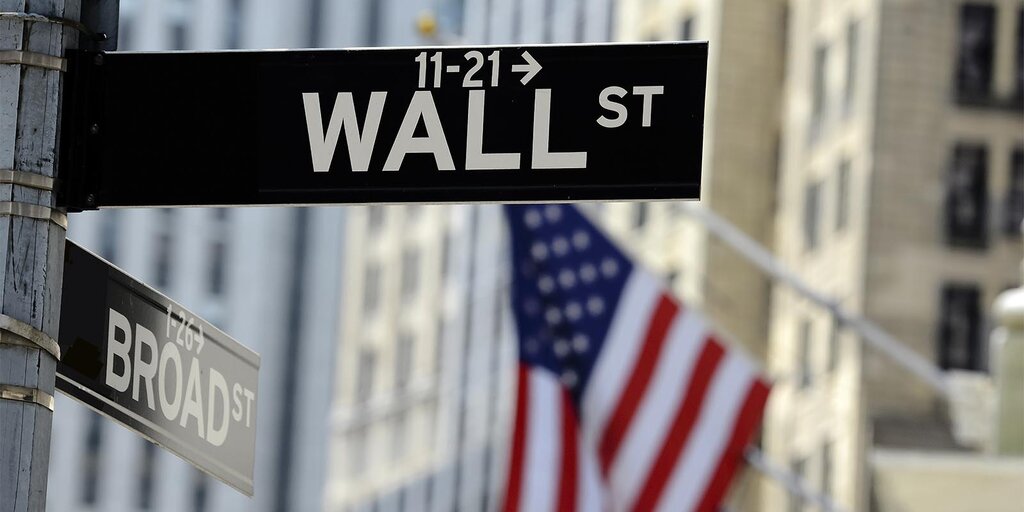
- The crypto industry is currently bearing the brunt of the classification of certain coins by the SEC as securities.
- This designation is capable of reducing the liquidity and availability of the indicted tokens.
The world of crypto is fast growing, generating considerable interest from both investors and regulators. According to reports, the US Securities and Exchange Commission (SEC) has classified several popular cryptocurrencies, including Solana (SOL), Binance Coin (BNB), Cardano (ADA), and Dash, as securities.
This decision marks a significant development in the regulatory landscape as it comes alongside the regulatory charges the SEC levied on popular crypto exchanges Binance and Coinbase for failing to meet regulatory requirements.
Specifically, the SEC’s lawsuits against Coinbase and Binance raised questions regarding the necessity of licenses for trading securities on crypto exchanges. If the SEC’s categorization of certain cryptocurrencies as securities is upheld, it would imply that these exchanges should have obtained licenses to offer trading services for securities.
However, as it stands, neither Coinbase nor Binance possesses such licenses, which could potentially complicate the legal matters surrounding their operations. The digital assets believed to exhibit characteristics associated with securities, according to the SEC include SOL, ADA, MATIC, FIL, SAND, AXS, CHZ, FLOW, ICP, NEAR, VGX, DASH, NEXO, ATOM, ALGO, and COTI.
While Proof-of-Work (PoW) coins, such as Bitcoin, have traditionally dominated the crypto space, the majority of the identified coins above rely on alternative mechanisms, with Proof-of-Stake (PoS) being the most common. Therefore, the SEC’s case against Coinbase and Binance targets not only the classification of certain crypto as securities but also the issue of staking-as-a-service provided by these exchanges.
The SEC’s concern with staking-as-a-service stems from the potential securities implications. By offering staking services, exchanges may be viewed as providing investment opportunities tied to the profitability and value of the staked tokens, which could fall under the idea of securities regulations.
A Ripple Effect of the Classification
When a prominent regulatory body such as the SEC categorizes a cryptocurrency as a security, it can introduce potential limitations on its usage and trading. For instance, Solana has experienced a 9% decline since the SEC’s announcement, suggesting a price movement in the crypto market. Similarly, Binance Coin (BNB) has lost 13% of its value since the news.
In the face of regulatory uncertainty and the potential implications of classifying certain crypto as securities, Binance has chosen to delist trading pairs from its platform. Notably, coin delistings can be problematic for investors because they might affect the asset’s liquidity and availability.
No spam, no lies, only insights. You can unsubscribe at any time.
Furthermore, the decision by Robinhood officials to re-examine particular coins exemplifies how the platform has responded to the current regulatory developments in order to assure compliance and avoid potential dangers.
However, only Bitcoin is recognized at the highest level. SEC Chairman Gary Gensler has called the Stellar coin a “commodity” on numerous occasions. As a result, the BTC sell-off has not been quite prominent. At the time of writing, Bitcoin is down only 1% in a 24-hour period.
Crypto News Flash does not endorse and is not responsible for or liable for any content, accuracy, quality, advertising, products, or other materials on this page. Readers should do their own research before taking any actions related to cryptocurrencies. Crypto News Flash is not responsible, directly or indirectly, for any damage or loss caused or alleged to be caused by or in connection with the use of or reliance on any content, goods, or services mentioned.
Read More: www.crypto-news-flash.com









 Bitcoin
Bitcoin  Ethereum
Ethereum  Tether
Tether  XRP
XRP  Solana
Solana  USDC
USDC  Dogecoin
Dogecoin  Cardano
Cardano  TRON
TRON  Lido Staked Ether
Lido Staked Ether  Wrapped Bitcoin
Wrapped Bitcoin  Sui
Sui  Chainlink
Chainlink  Avalanche
Avalanche  Wrapped stETH
Wrapped stETH  Stellar
Stellar  Shiba Inu
Shiba Inu  Hedera
Hedera  Toncoin
Toncoin  Bitcoin Cash
Bitcoin Cash  Hyperliquid
Hyperliquid  USDS
USDS  Polkadot
Polkadot  LEO Token
LEO Token  Pi Network
Pi Network  Litecoin
Litecoin  WETH
WETH  Monero
Monero  Wrapped eETH
Wrapped eETH  Bitget Token
Bitget Token  Pepe
Pepe  Binance Bridged USDT (BNB Smart Chain)
Binance Bridged USDT (BNB Smart Chain)  Coinbase Wrapped BTC
Coinbase Wrapped BTC  Ethena USDe
Ethena USDe  WhiteBIT Coin
WhiteBIT Coin  Uniswap
Uniswap  Bittensor
Bittensor  NEAR Protocol
NEAR Protocol  Aptos
Aptos  Dai
Dai  Aave
Aave  OKB
OKB  Ondo
Ondo  Internet Computer
Internet Computer  Ethereum Classic
Ethereum Classic  BlackRock USD Institutional Digital Liquidity Fund
BlackRock USD Institutional Digital Liquidity Fund  sUSDS
sUSDS  Cronos
Cronos